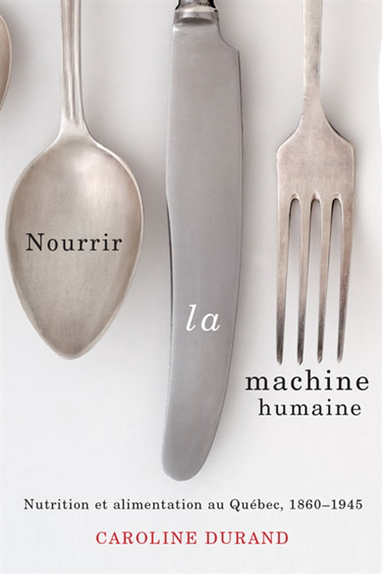
Fler böcker inom
- Format
- E-bok
- Filformat
-
EPUB med LCP-kryptering (0.0 MB)
Om LCP-kryptering - Nedladdning
- Kan laddas ned under 24 månader, dock max 6 gånger.
- Språk
- Franska
- Utgivningsdatum
- 2015-04-01
- Förlag
- McGill-Queen's University Press
- ISBN
- 9780773597167
Nourrir la machine humaine E-bok
Nutrition et alimentation au Quebec, 1860-1945
E-bok (LCP),
Franska, 2015-04-01
Finns även som
Kundrecensioner
Har du läst boken?
Sätt ditt betyg »
Fler böcker av Caroline Durand
-
LiveFree
Caroline Durand
-
Learn Real French - Learn French - 10 Themes to Fluency
Caroline Durand
-
Summary of the book finding freedom
Omid Scobie, Caroline Durand
Du kanske gillar
-
Cordon Bleu
Horace Raisson
Inbunden -
Ananas...
Paul Hubert
Inbunden
